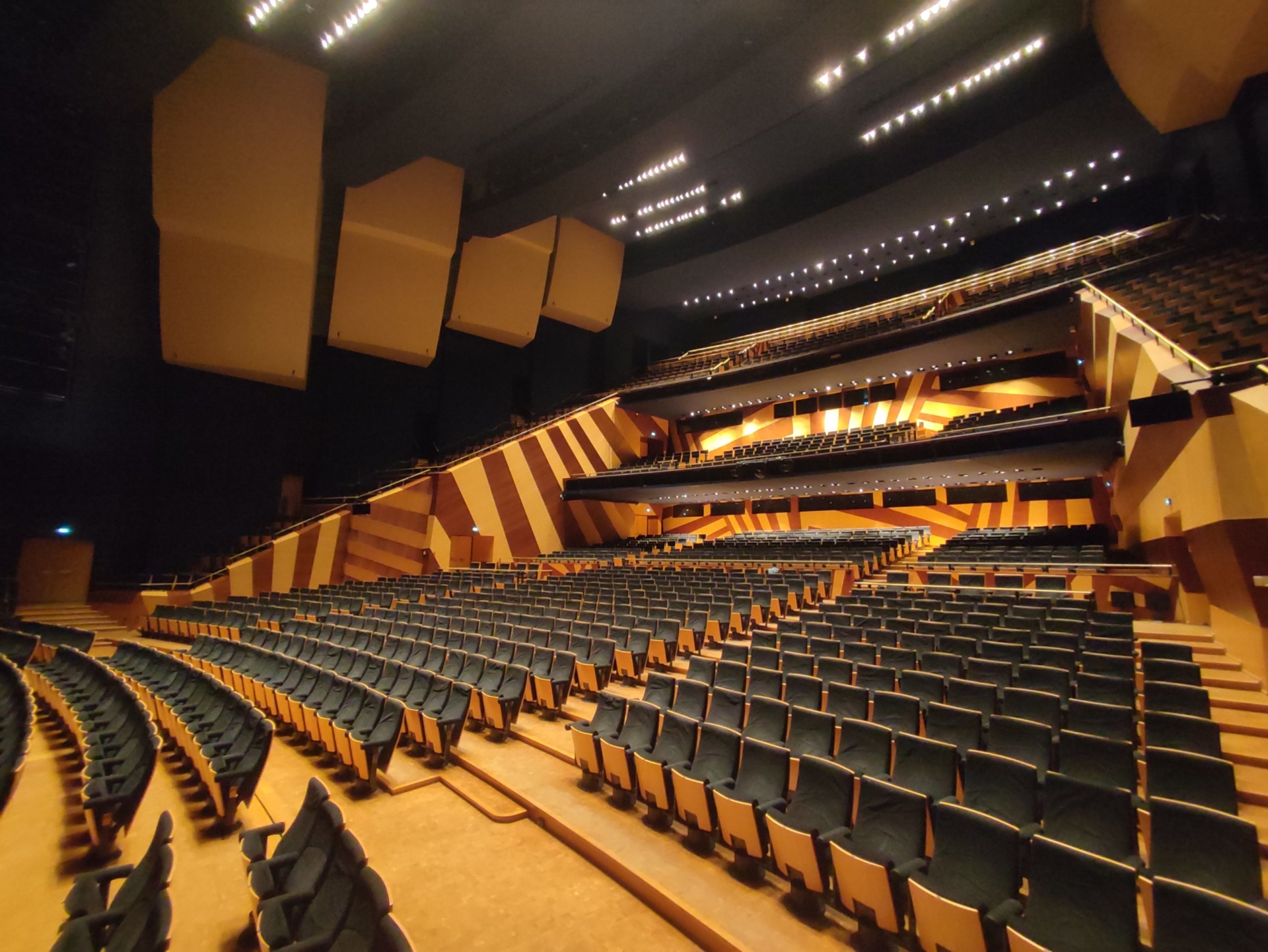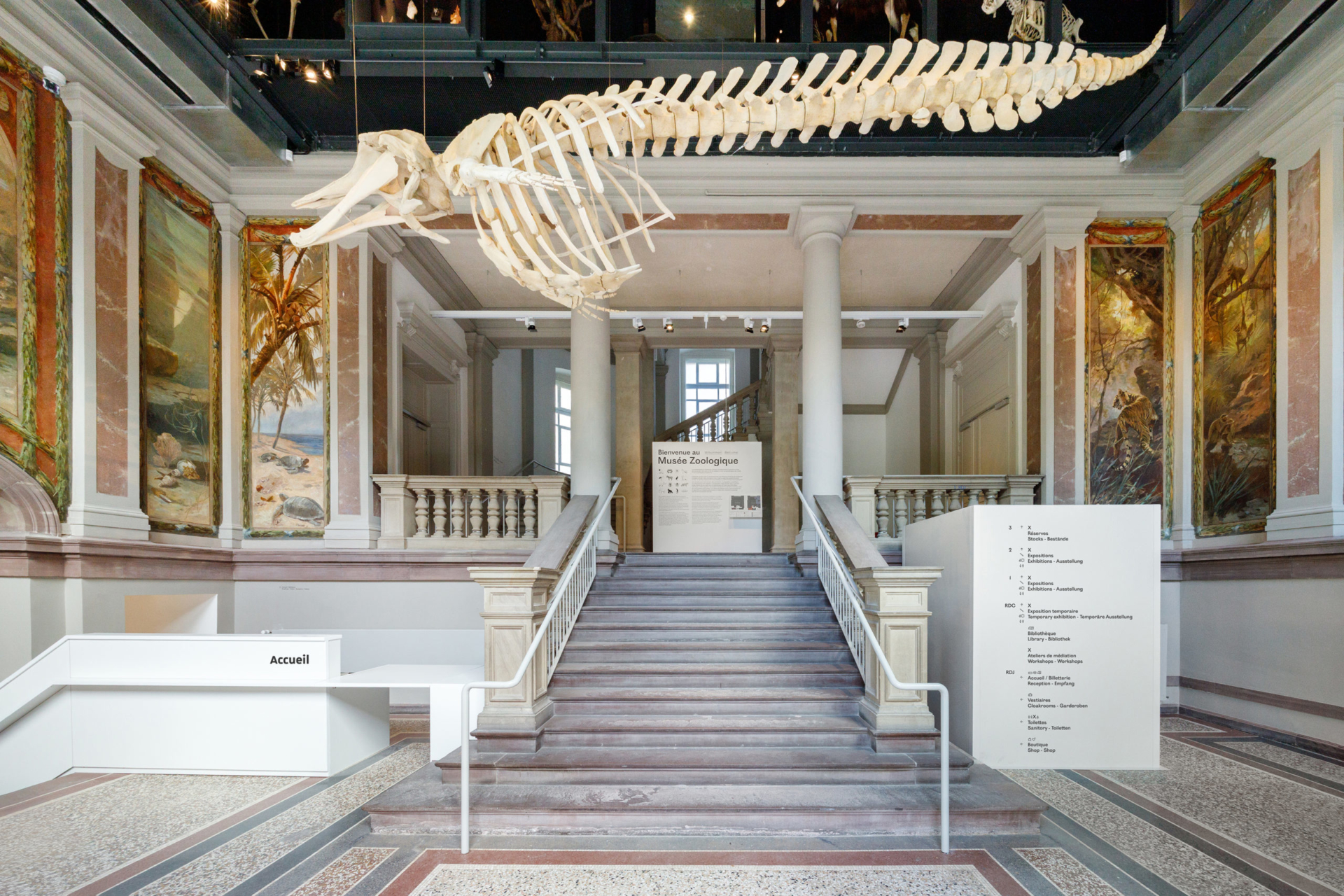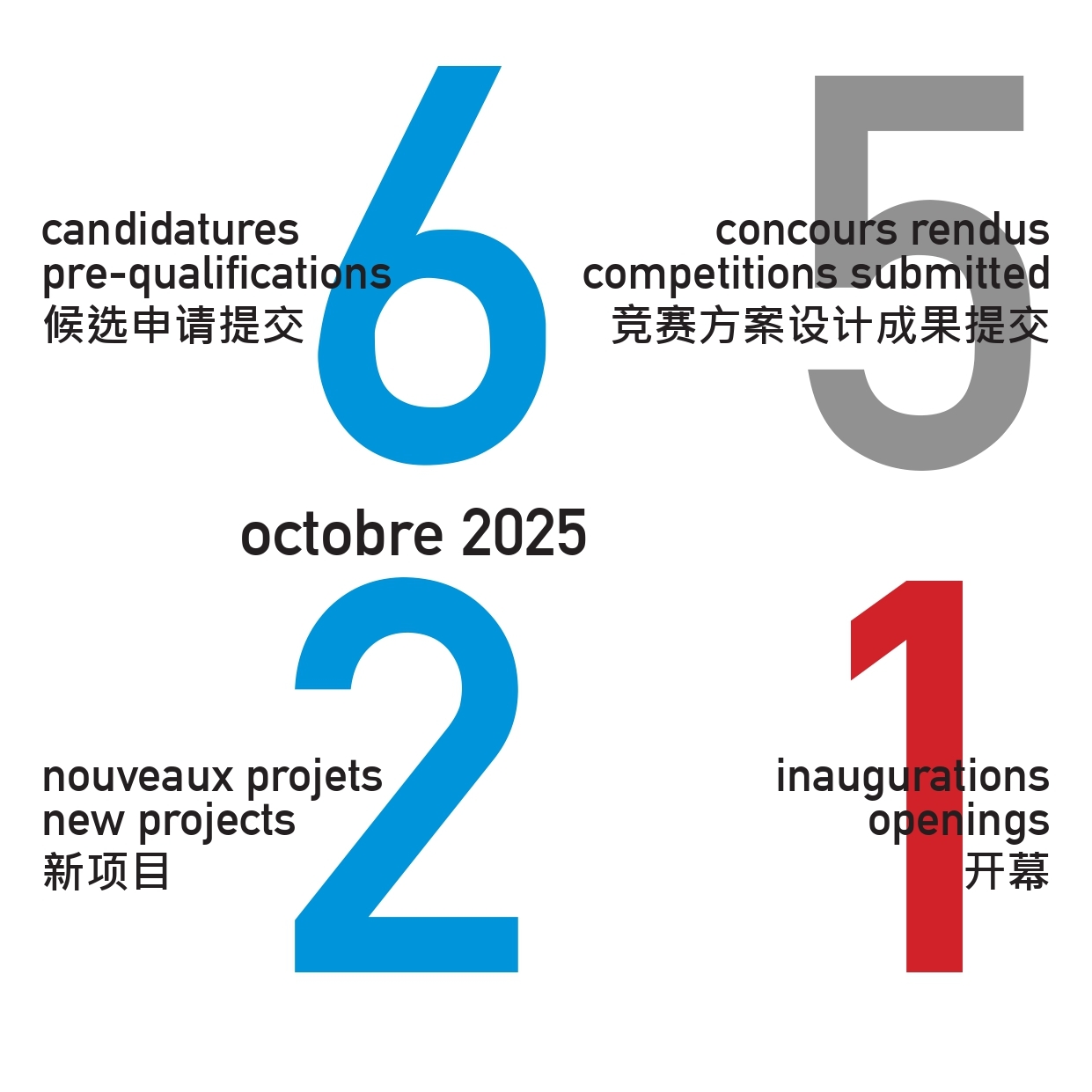Ducks in the fly system

Opened in 1998, the Dijon Opera House Auditorium was equipped from the outset with a combination of manual and computerized machinery to meet the demands of modern opera staging. At the time, the control system installed by Bosch Rexroth was one of the most advanced on the market. After more than 25 years of service, the control system is now obsolete and needs to be completely replaced. The system is based on outdated software and hardware architectures and can no longer be updated. The Opera House and the City of Dijon decided that the system was obsolete and commissioned dUCKS scéno to carry out a feasibility study in March 2025.At the end of this study, dUCKS Scéno submitted a diagnosis of the existing installation and a feasibility report to define the scope of the work to be undertaken to renovate the stage machinery control system.
The methodology deployed by the dUCKS Scéno team is based first and foremost on an understanding of how the opera house teams use the fly system. Numerous discussions were held to define the desired use cases and to familiarize ourselves with the habits of the team in place. Next, a comprehensive technical inventory was carried out to identify all the components of the machines (mechanical systems, safety sensors, etc.) and assess their age. This inventory is then compared with the requirements of the EN17206 standard on the safety of entertainment machinery in order to draw up a list of recommendations to enable the machinery to be put back into service with a new control architecture.
To carry out this mission, dUCKS drew on its expertise in stage mechanics and stage control system safety, as well as the shared experience of its multidisciplinary team to propose solutions best suited to the Opera’s technical teams.







